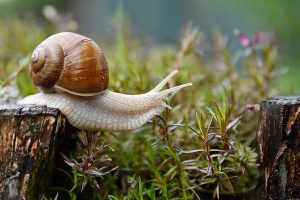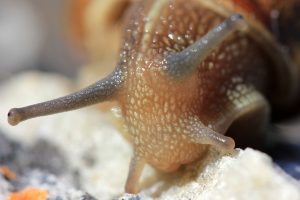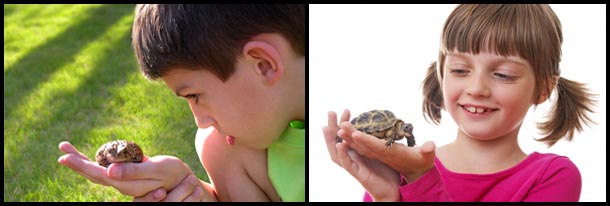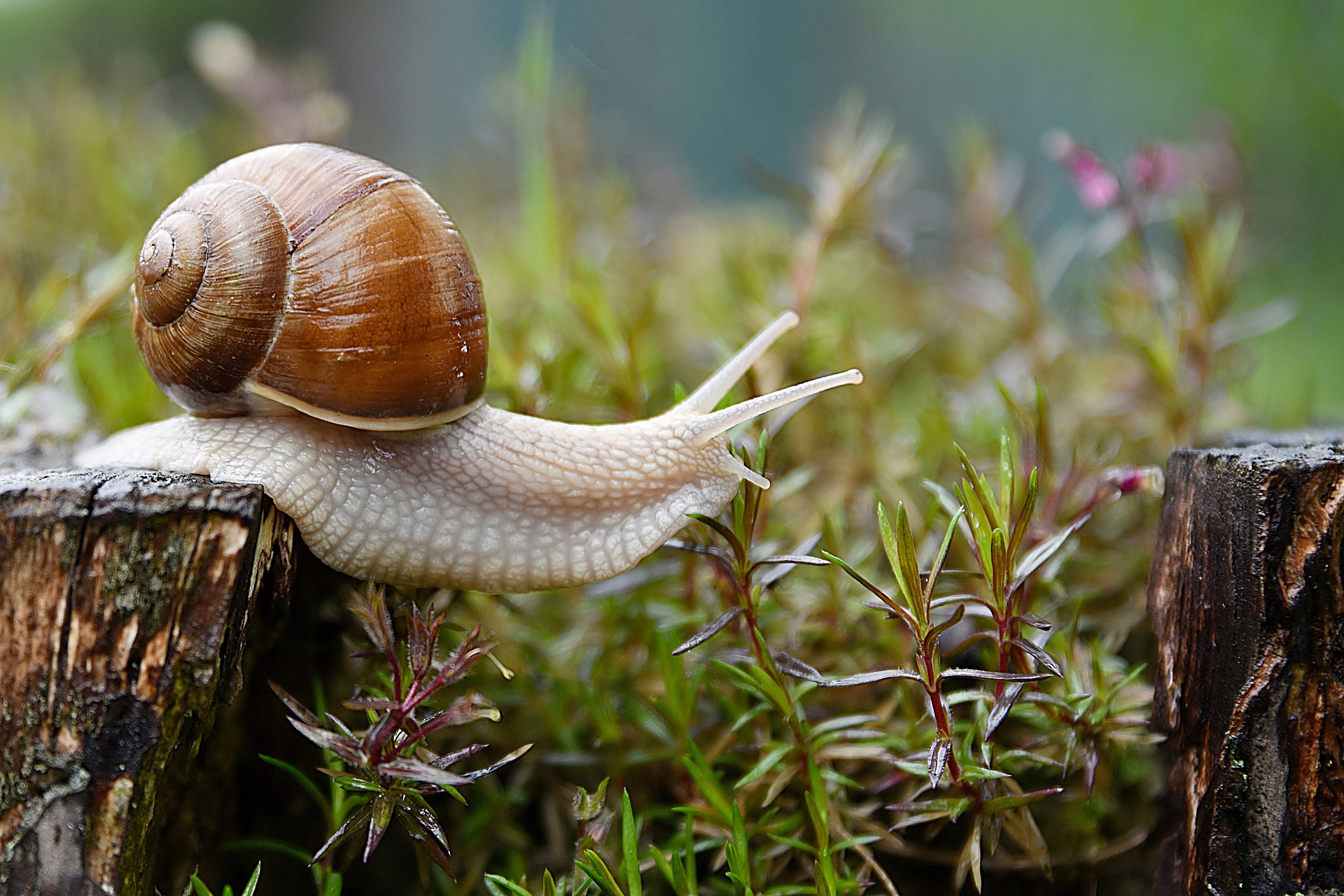How Long Do Snails Sleep?
How long do snails sleep for? On average, a snail can sleep for 13 – 15 hours a day. This doesn’t leave much time for exploring. They can even hibernate for 3 years! (Remember, hibernating is not the same as sleeping and hibernating for this long can mean their environment is too cold or dry).

How Long Do Snails Sleep?
Snails are well known for their slow pace, but when it comes to sleep, they take relaxation to a whole new level. On average, snails sleep for about 13 to 15 hours a day. This is broken up with short bouts of activity. Their sleep pattern is closely tied to their nocturnal nature. Many snail species prefer to venture out under the cover of darkness which helps them to avoid predators and conserve moisture.
The way in which a snail sleeps is incredibly interesting, partly because snails do not have eyelids, so they can’t close their eyes like humans do. Instead, they rely on a specialised structure called a “radula” to cover their eyes when inactive. The radula is a ribbon-like tongue covered in tiny, tooth-like structures that protect the eyes and help maintain moisture during sleep. This also shields the snail’s delicate eyes from harm.

The Importance of Sleep for Snails
This leisurely approach to life this doesn’t make them lazy; sleep plays a crucial role in their overall well-being. Snails sleep for 13 – 15 hours a day, and this is important. Snails require adequate rest to perform essential functions such as repairing tissues, consolidating memories, and regulating metabolic processes (turning food into energy). Sleep is especially vital for snails because these processes take lots of energy.
During sleep, snails undergo a series of physiological changes, including a decrease in metabolic rate. This reduction in metabolic activity helps conserve energy, allowing the snail to navigate its environment more efficiently when awake. Additionally, snails engage in a process called aestivation, where they retreat into their shells during hot or dry periods to minimise water loss. This form of deep sleep helps them survive challenging environmental conditions.

Cracking the Code of Snail Sleep
The world of snail sleep is a captivating. From their unique eye-covering radula to their sporadic sleep patterns, snails continue to surprise and intrigue us. They may not break any speed records, but when it comes to sleep, they remind us that even the tiniest creatures have their own fascinating tales to tell in the quiet hours of the night. So, the next time you spot a snail leisurely gliding across your garden, take a moment to appreciate the beauty of their unhurried existence, knowing that beneath their shells, a world of dreams and mysteries awaits.
Extra information
Animal-Club provides animal parties or animal handling workshops. You will be able to see, learn and interact with many wonderful animals with the help of our presenters. Our mobile zoo has many friendly animals such as rabbits, tarantulas, geckos, vinegaroons and more, perfect for an animal party. We can also , come over to your school for an animal school visit or arrange for an animal workshop with us where the children can learn about looking after animals and animal behaviour, and have fun too.



